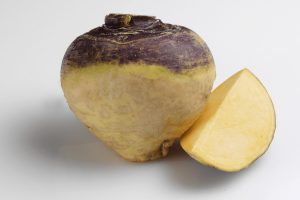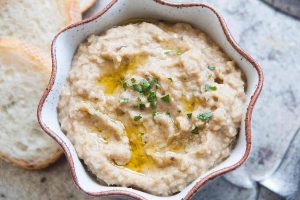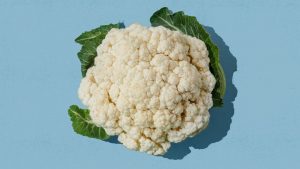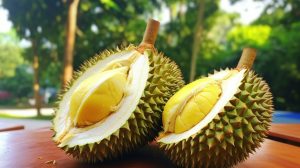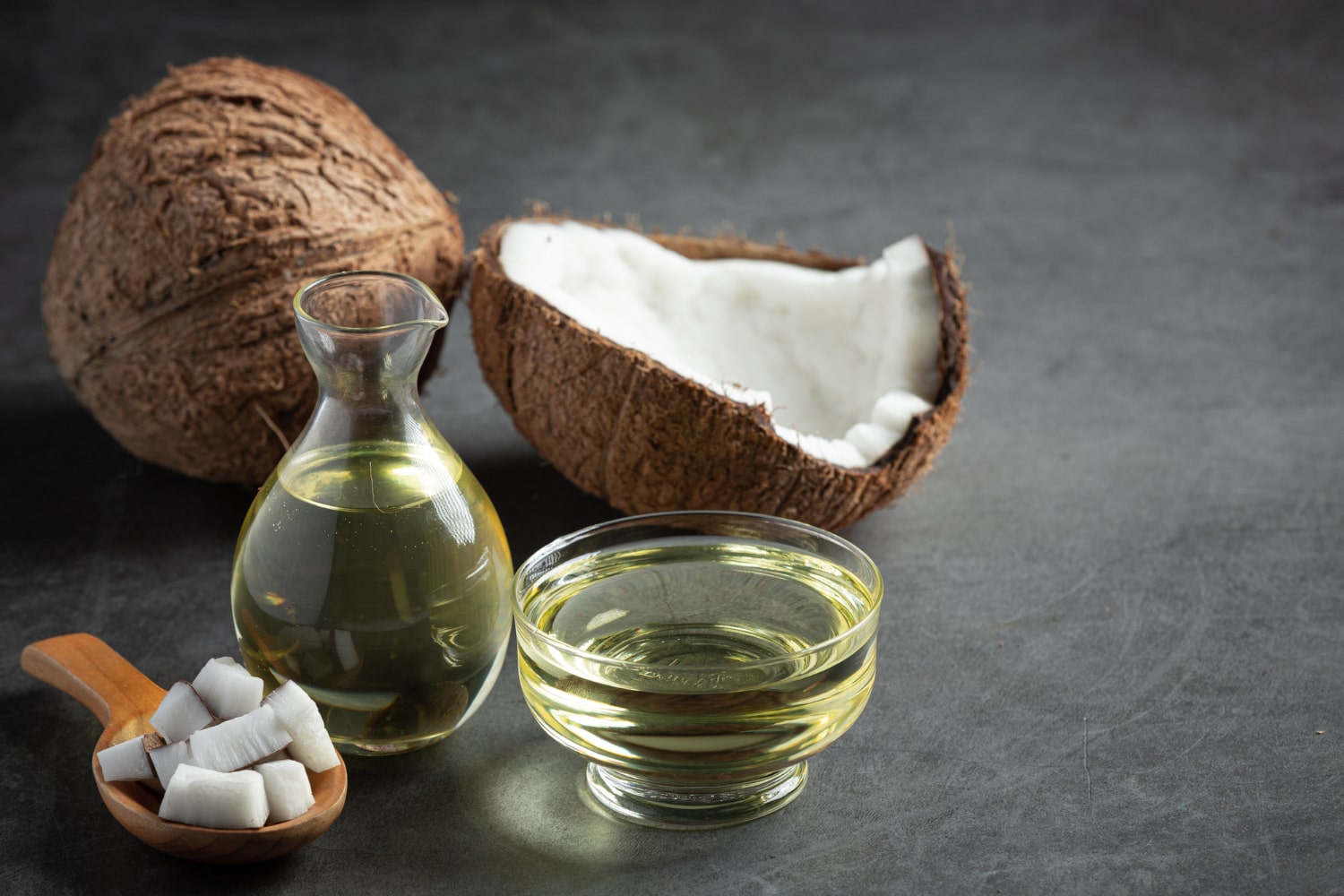
43 interesting facts about palm oil
- 👁️ 1166
Palm oil, extracted from the fruit of the oil palm tree, is a ubiquitous commodity in modern life. It is used in a wide variety of products, ranging from food and cosmetics to biofuels. Its versatility, high yield, and relatively low production cost have made it the most widely consumed vegetable oil globally. However, the cultivation of oil palm trees has been linked to significant environmental issues, including deforestation and loss of wildlife habitats. The complexity surrounding palm oil involves economics, social factors, environmental conservation, and sustainability.
- Palm oil is derived from the fruit of the oil palm tree, specifically from the Elaeis guineensis species.
- Indonesia and Malaysia together produce over 85% of the world’s palm oil.
- Palm oil is found in approximately 50% of all supermarket products.
- The oil palm tree is native to West Africa but has been cultivated extensively in Southeast Asia.
- Palm oil is high in saturated fats, and its consumption has been linked to health concerns.
- The oil palm is a highly efficient crop, yielding more oil per acre than other oilseed crops.
- Palm oil cultivation is a significant source of employment, supporting millions of workers.
- Deforestation for palm oil production has threatened endangered species such as orangutans and tigers.
- Sustainable palm oil certification aims to address environmental and social concerns in the industry.
- Palm oil is used in products ranging from margarine and chocolate to shampoo and detergent.
- The palm oil industry has often been linked to human rights abuses, including child labour.
- Biofuels made from palm oil are seen as an alternative to fossil fuels but have raised environmental issues.
- Palm oil can be refined into various types, including red palm oil, which retains more nutrients.
- The Roundtable on Sustainable Palm Oil (RSPO) is a major body working towards sustainable palm oil production.
- Palm kernel oil, derived from the seed, is used differently from palm oil, often in animal feed and industrial applications.
- The European Union is one of the largest importers of palm oil.
- Palm oil has cultural significance in various African cuisines and traditional practices.
- The expansion of oil palm plantations has led to conflicts over land rights with indigenous peoples.
- Many processed foods contain palm oil, where it may be listed under various names, making it hard to identify.
- Demand for palm oil has more than tripled in the last two decades.
- Consumer campaigns have sought to highlight the environmental impact of palm oil, leading some companies to change practices.
- Palm oil trees can produce fruit for harvest for over 30 years.
- Replanting palm oil trees is a complex process that requires careful management to maintain yields.
- Research into improving the environmental sustainability of palm oil is ongoing, including genetic modification.
- The palm oil industry has contributed to economic development in producing countries, but with disparities in wealth distribution.
- Palm oil production has been linked to soil erosion and river pollution.
- Wildfires used to clear land for palm oil cultivation contribute to air pollution and climate change.
- Palm oil’s long shelf life and stability at high temperatures make it suitable for frying and cooking.
- Boycotts of palm oil have been criticised for potentially shifting problems to other, less efficient oil crops.
- Mechanisation in the palm oil industry has increased, but harvesting still requires significant manual labour.
- Palm oil is a common ingredient in animal feed, contributing to the industry’s wide-reaching impact.
- Innovations in satellite monitoring are being used to track deforestation related to palm oil.
- Smallholder farmers produce a significant percentage of palm oil, often with fewer resources for sustainable practices.
- Climate change may affect the regions suitable for palm oil cultivation, potentially shifting production areas.
- Palm oil is sometimes used in traditional medicines in various cultures.
- The palm oil industry has spurred infrastructure development in some regions, including roads and schools.
- Nutella, a popular hazelnut spread, became a focus of palm oil controversy due to its high content.
- Certain bird species have been adversely affected by habitat loss from palm oil cultivation, including the Bali starling.
- Governments in palm oil-producing countries have implemented policies to increase domestic consumption.
- Waste products from palm oil production, such as palm oil mill effluent (POME), can be converted into energy.
- Some wildlife conservation efforts focus on creating wildlife corridors amid plantations to maintain biodiversity.
- Transparency and traceability in the palm oil supply chain are key challenges in ensuring sustainability.
- Palm oil replanting programmes must consider a complex set of factors including soil health, seed selection, and market demands.
Palm oil is a multifaceted commodity with a broad influence on modern life, from the products we consume to the global economy and environment. While it is a highly efficient and versatile crop, the cultivation of palm oil has raised critical ethical and ecological questions. Efforts to make the industry more sustainable are ongoing, requiring the cooperation of governments, corporations, farmers, and consumers. Understanding the full impact of palm oil is essential for those aiming to make responsible choices and to balance the varied needs and challenges that this remarkable oil presents.


